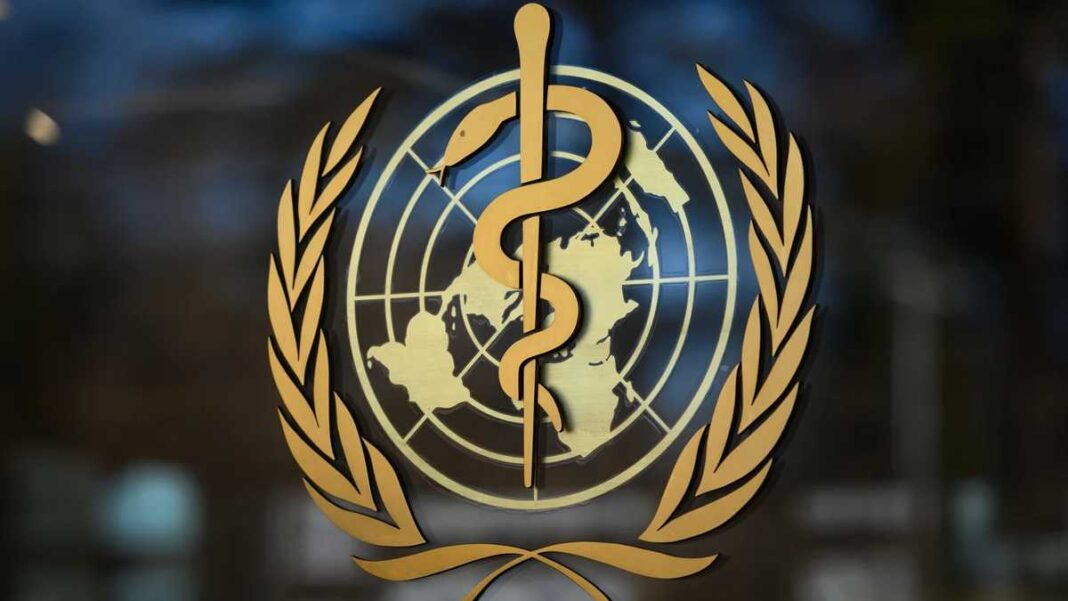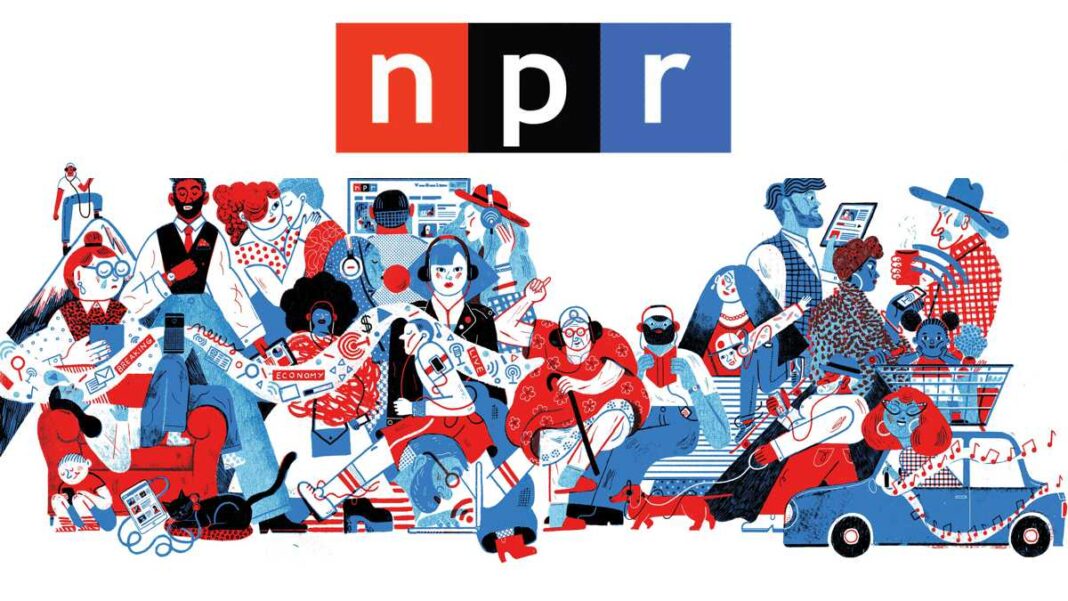It’s time to declare as regards the internet of old: Requiescat in Pace.
It’s dead. We might as well face it.
Nearly every large application and website in existence, meaning most of what people use on what we call the internet, constituting an estimated 95 percent of the main portals of information, is now compromised by some power somewhere, making them no longer part of the free world and no longer part of the army of truth.
If that shocks you, you haven’t used Google or Facebook recently. They are both heavily rigged not to get you the information you want but rather to push out to you information that someone somewhere wants you to have. And the situation is getting worse, not better. This is despite impending court challenges that are hoping for a restoration of free speech. If there were a serious threat that this would happen, wouldn’t we see the censored venues improve and not worsen?
The situation is heartbreaking and gives rise to melancholic reflections on the promise and betrayal.
My fear is that hardly anyone remembers a time when the internet held out the highest hope in modern history for the emancipation of humanity from the control of the powerful. I had a model in my own head of a mass migration out of the controlled and regulated physical world and into a digital realm that was so large, so potentially infinite in scope, containing so many nodes and so many content providers, that states would be hopeless in the face of it.
Yes, I was the paradigmatic case of the techno-utopian who got bitten by the bug of progress in about 1996. I was sitting there at my desk, newly aware of these things called websites, and managing one myself. I put up a few old issues of a newsletter. A few days later, I needed to look at that newsletter. I saw it sitting across the room. At that moment, I suddenly realized that it would actually be easier just to look at it online.








